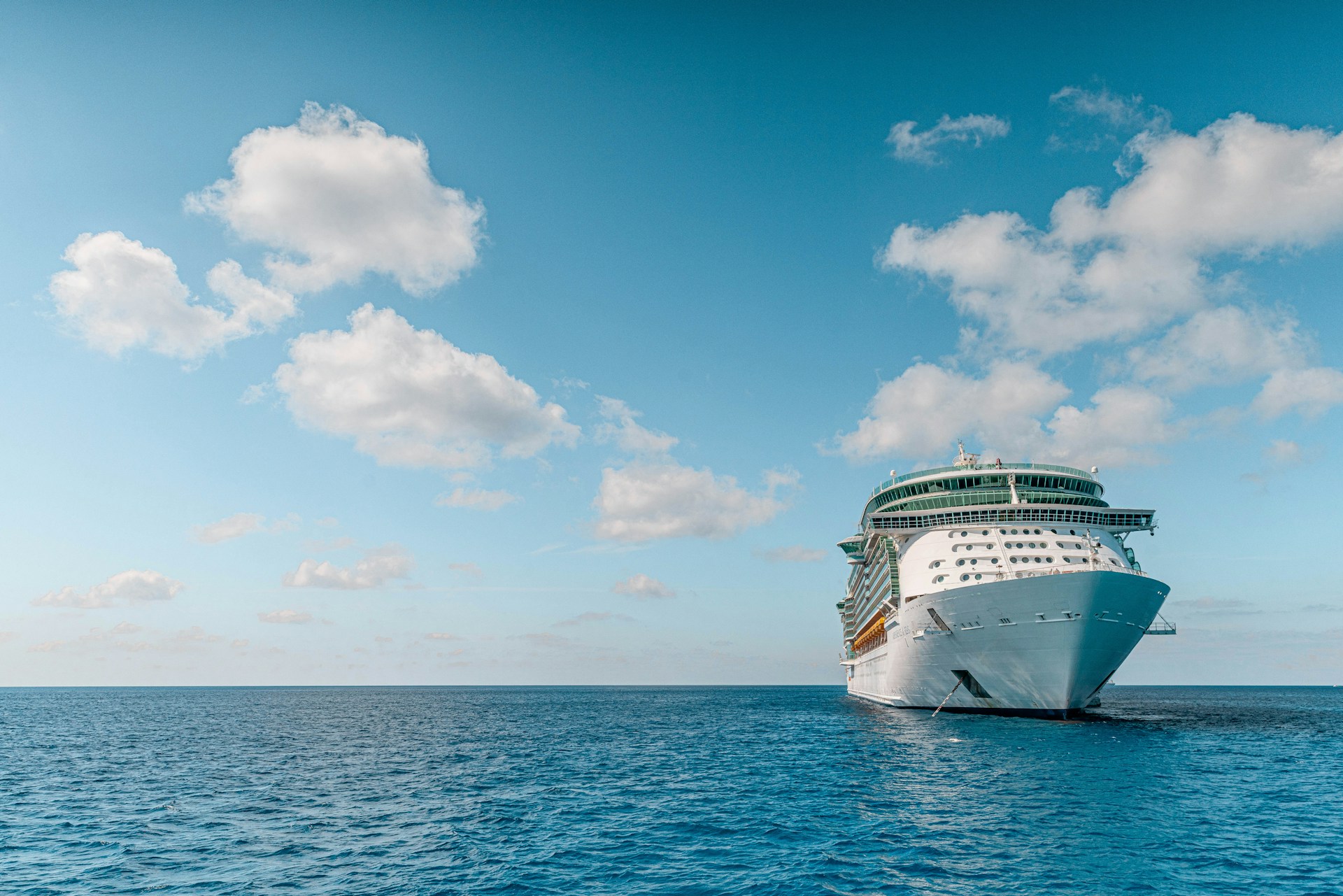When you’re considering a vacation, a cruise might be an attractive option. It combines the excitement of travel with the comfort of a hotel, offering an assortment of amenities and luxuries that allow you to enjoy your trip without worry. But what if you have dietary restrictions to consider? You may wonder if a cruise is still a viable option. The good news is, it absolutely is. UK-based cruise lines are adept at taking care of their guests’ dietary needs, making your travel an enjoyable, worry-free experience.
Booking an Accessible Cruise
When considering a cruise, booking your trip can be the first significant step. At this point, it’s essential to discuss your dietary requirements with the cruise line. Most cruises have dedicated guest services that are happy to accommodate your needs. They understand that every guest is unique, and they strive to meet individual requirements to ensure a comfortable and pleasant journey aboard the ship.
A lire aussi : What are the top UK cruises for experiencing English vineyards along the coast?
When booking, be specific about your dietary restrictions. Whether you have medical dietary needs, religious dietary requirements, or you’re a vegan or vegetarian, make sure to communicate this clearly. The more information the cruise line has, the better they can serve you.
On-Board Dietary Accommodations
Once you’ve booked your cruise, your dietary information is often passed on to the ship’s staff. Many modern cruise ships have specialized chefs and a dedicated kitchen staff who are trained to prepare meals that cater to a variety of dietary restrictions.
A voir aussi : What are the best photography tours available on UK cruises?
However, don’t assume that everything will be taken care of automatically. It’s a good idea to verify your dietary preferences with the maitre d’hotel or the restaurant manager on board the ship. Also, consider scheduling a visit with the chef early in your cruise. This meeting will allow you to discuss your dietary restrictions in detail and ensure that your needs will be met throughout your journey.
Utilizing On-Board Medical Services
Cruise ships are equipped with medical facilities that can assist with a variety of health concerns, including dietary issues. If you have a medical condition that requires a specific diet, make use of these facilities. The medical staff on board can provide additional assurance that your dietary needs will be met.
Remember, you’re not the only guest with dietary restrictions. The ship’s medical staff have experience accommodating guests with a variety of dietary needs. They can offer guidance and support, ensuring your cruise is both enjoyable and safe.
Mobility and Time Management On Board
When on a cruise, it’s important to consider your mobility and manage your time effectively. This is particularly relevant when it comes to meal times. Dietary restrictions often mean meals need to be prepared individually and this can take extra time.
Inform the dining staff about your dietary requirements well ahead of meal times. This will give the chef ample time to prepare your meals according to your dietary needs. Additionally, being punctual for meals can also be helpful.
Travel Documentation and Passport Requirements
When travelling internationally, it’s crucial to have the appropriate documentation. This includes your passport, and in some cases, a doctor’s note detailing your dietary restrictions. While this isn’t a requirement for every cruise line, it can be useful to have this documentation on hand, especially if you have severe allergies.
Before you visit the cruise, check with your cruise line or travel agency about any specific passport or medical documentation you might need. This preparation will help you avoid any potential issues during your travel.
In conclusion, cruising with dietary restrictions doesn’t have to be a daunting task. With careful planning, clear communication, and a little bit of foresight, you can enjoy a relaxing, carefree journey on the high seas. The key is to be proactive about your needs, and rest assured, the cruise staff will be more than willing to assist and accommodate you.
Remember, a cruise is all about relaxation and enjoyment. So, don’t let dietary restrictions hinder your experience. With the right measures in place, you can have a fantastic journey, full of unforgettable memories and delicious meals catered just for you. Don’t hesitate to book that dream cruise – the culinary adventure of your life awaits you!
Pre-Cruise Preparation and Post-Cruise Considerations
Just as you would meticulously prepare before embarking on any journey, it’s vital to put the same amount of dedication into preparing for a cruise, especially when dealing with dietary restrictions. A significant part of this preparation involves knowledge about your dietary needs and communicating them effectively. For instance, if you’re living on a gluten-free diet, you should understand what ingredients and foods to avoid.
Once you’ve thoroughly understood your dietary needs, inform the guest services of your cruise lines about your dietary restrictions at the time of booking, and also a few days prior to sailing. This heads-up allows the staff to adequately cater to your needs. For instance, if you need accessible cabins due to mobility issues or need to arrange for gluten-free meals, the staff can ensure these are available. Besides, many cruise lines offer a water shuttle service for guests with mobility issues. Remember, the key is communication.
Post-cruise, it’s equally important to provide feedback to the cruise lines. Whether your experience was positive or you faced challenges, your feedback can help the cruise line improve their services. If you faced difficulties despite providing information about your dietary restrictions, communicate this to the cruise line. They are committed to providing an excellent experience for all guests, and your feedback can help them achieve this.
Exploring Shore Excursions and Ports of Call
Shore excursions are an exciting part of any cruise, allowing you to explore new places and cultures. However, when you have dietary restrictions, it’s crucial to plan these excursions carefully. Before you disembark, it’s wise to research the local food options at the ports of call.
If you have severe food allergies, you might want to carry a translation card that explains your dietary restrictions in the local language. This card can be invaluable when ordering food or asking about ingredients in restaurants.
Furthermore, when exploring the shore excursions offered by the cruise line, enquire about meal options. Some excursions may include meals, so it’s important to ensure that they can accommodate your dietary needs. You can liaise with the cruise ship’s access team or your travel advisor to ensure this.
In conclusion, cruising with dietary restrictions can seem challenging, but it doesn’t have to be. With adequate pre-cruise preparation, clear communication with the crew, and smart planning for shore excursions, you can have an enjoyable and worry-free cruise experience. Remember, your dietary needs shouldn’t limit your travel adventures. Be proactive in your planning and communication, and you will find that cruise lines are more than capable of providing you with an unforgettable culinary journey. So, go ahead, book your dream cruise and sail towards the horizon of culinary delights and unforgettable memories.











